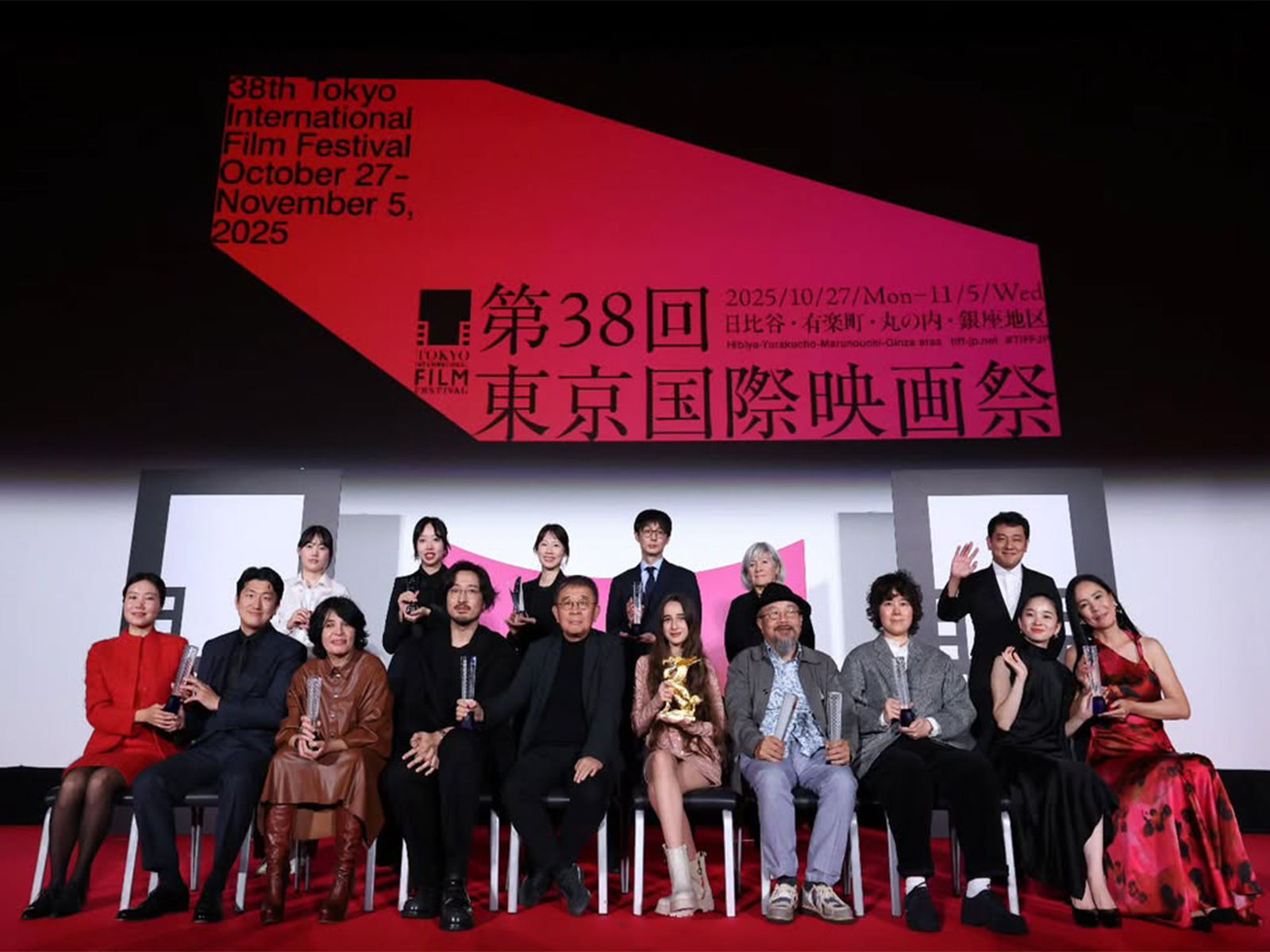Tokyo International Film Festival crowns Palestinian drama ‘Palestine 36’ in strong Asian showing

Festival wraps with global message
The 38th Tokyo International Film Festival closed Wednesday night with Alya Hamdan’s “Palestine 36” taking the top Tokyo Grand Prix, and organizers confirmed the result publicly on Friday as industry guests departed the city. The film, centered on a young journalist documenting daily life in Ramallah through 36 quiet vignettes, was praised by jurors for pairing political weight with patient, character-driven storytelling. This year’s edition, which ran 10 days across venues in Hibiya and Ginza, leaned into Japan’s ambition to be the region’s most international festival, fielding 184 films and welcoming names like Juliette Binoche and Fan Bingbing. Attendance was up to 69,000, a sign that Tokyo’s mix of Asian arthouse and prestige European cinema still draws viewers even in a streaming-heavy year.
Why the win matters
For Middle Eastern filmmakers, a Grand Prix in Tokyo offers both profile and sales leverage heading into the European winter festival circuit. Programmers said “Palestine 36” stood out because it made occupation visible without turning into a war film, and because Hamdan chose a female reporter as the audience’s guide. Japanese producers, watching from packed screenings of local titles like “Kokuho,” said the win shows audiences will come for politically specific stories if they are told with visual elegance. Tokyo’s close on Nov. 7 also sets up a busy November for Asian cinema, with Busan follow-ups and AFM headlines likely to give winners more buyers. The festival’s success gives Japan’s culture ministry ammunition to keep funding film diplomacy in 2026.












